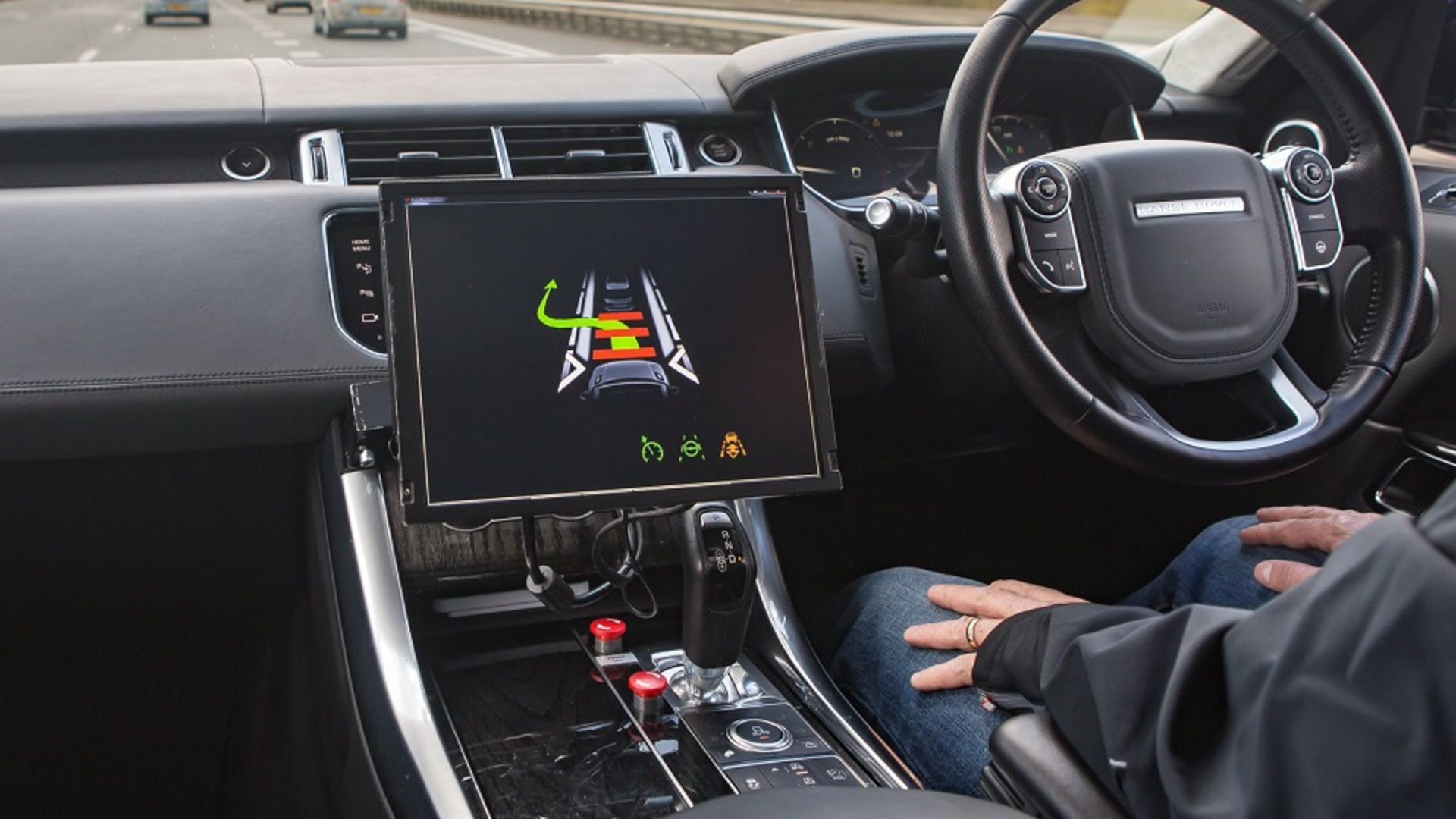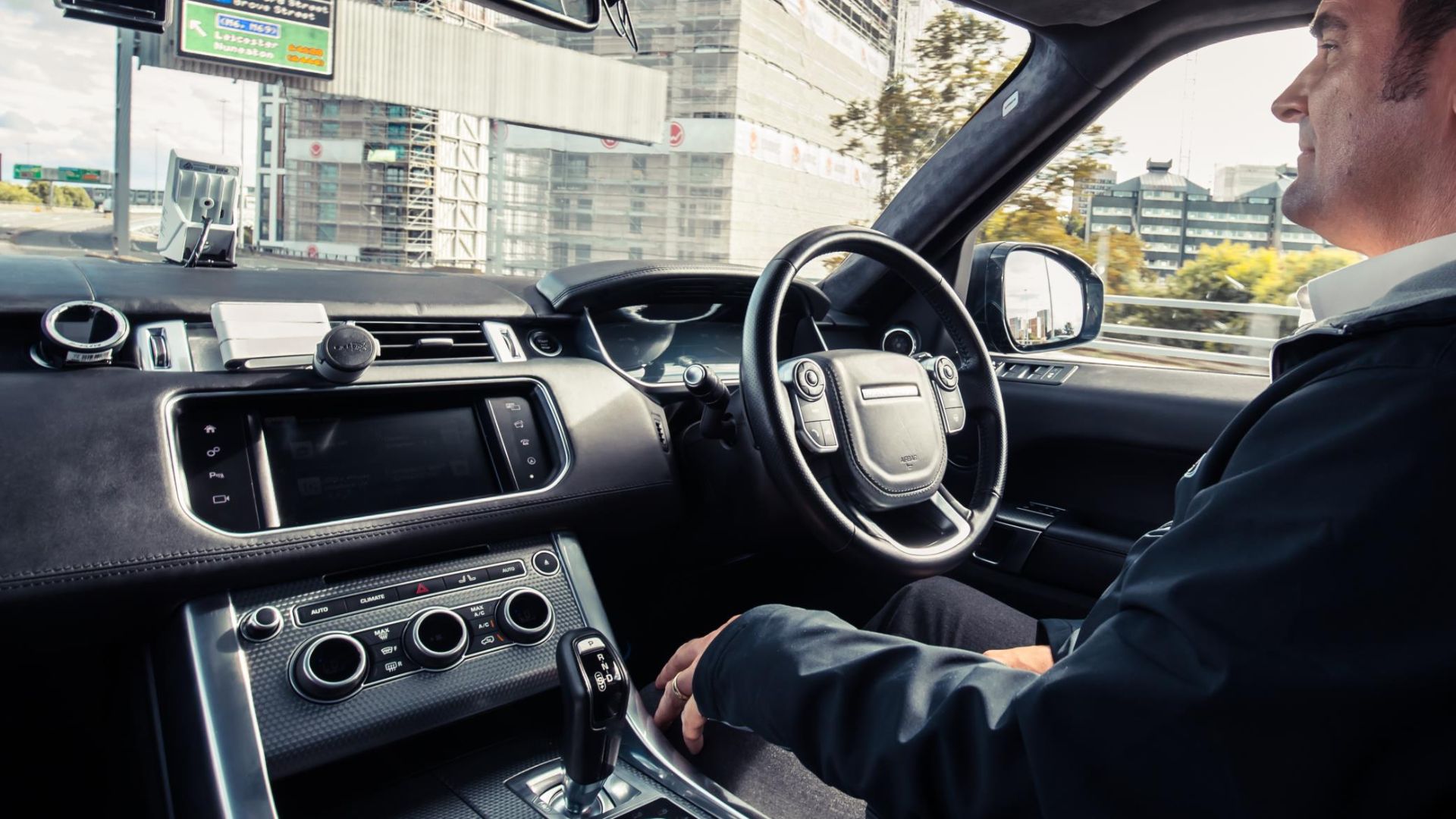
The government has announced that a process is being developed to help in the advanced trials of automated vehicles. This could mean – quite literally – driverless cars on our roads by the end of the year.
This comes very shortly off the back of the Nissan debacle and general uncertainty about the UK’s place in automotive post-Brexit. The government hopes it’s a move to shore up the UK’s status ‘as a global leader in the safe and responsible testing of automated vehicles’.
Advanced trials won’t be supported unless they have passed stringent safety assessments. The government will also strengthen its code of practice for testing automated vehicles in order to better define expectations for the safety of trials. This, with a view to putting cars on the road that do not have humans manually in control.
That would make the UK the first country to allow this extent of testing, with the USA being the only country to have hosted limited trials as yet. The UK wants to run before the rest of the world can walk.
Those carrying out trials for self-driving cars will need to publish trial performance reports and safety information, and carry out risk assessments before trials. Those trialling such vehicles will be expected to keep local authorities and emergency services in the loop when it comes to testing, too.
The UK’s market for automated and connected vehicles is estimated to be worth £52billion by 2035. As such, this is a definitive swing for the UK as a long-term base in the automotive industry. It also reiterates the UK’s determination to meet the 2021 target in terms of having fully self-driving vehicles on the road.

These developments should help step towards the government’s future of mobility grand challenge, with automated driving being a major cornerstone of that movement.
“The UK has a rich heritage in automotive development and manufacturing, with automated and electric vehicles set to transform the way we all live our lives,’ said Richard Harrington, Automotive Minister.
“We want to ensure through the Industrial Strategy Future of Mobility Grand Challenge that we build on this success and strength to ensure we are home to development and manufacture of the next generation of vehicles.”
“We need to ensure we take the public with us as we move towards having self-driving cars on our roads by 2021. The update to the code of practice will provide clearer guidance to those looking to carry out trials on public roads.”